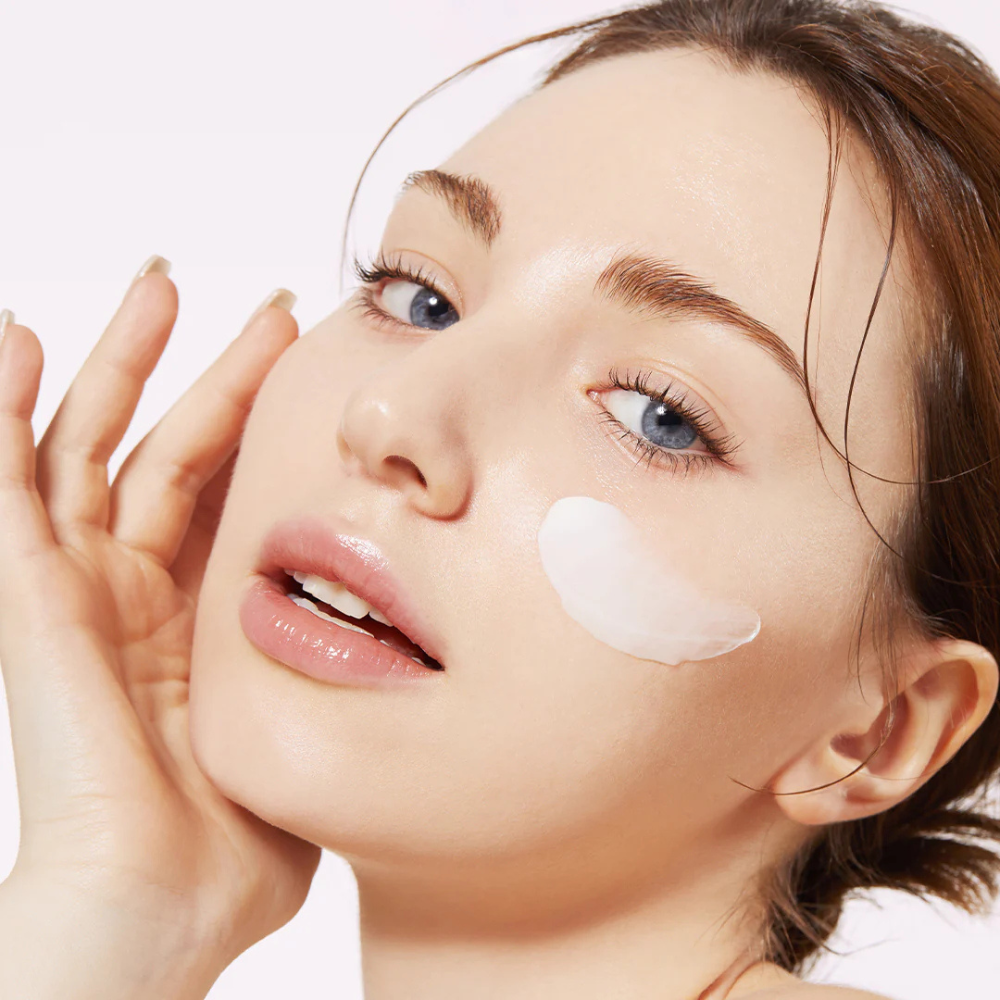Retinoids have become an essential part of many beauty routines, and their effectiveness in fighting wrinkles, hyperpigmentation, and other skin problems makes them one of the most popular active ingredients in skincare. However, despite all their benefits, retinoids can cause irritation, especially if used incorrectly. To avoid discomfort and achieve the best results, here are some tips for using retinoids properly.
1. Start slowly: Gradually introduce retinoids into your routine
If you're new to retinoids, it's important not to expose your skin to too much of a concentration right away. Your skin needs time to adjust to this powerful ingredient, so it's best to start by using the product a few times a week. Start with a small amount and gradually increase the frequency of use so your skin can get used to the active ingredients without over-irritating.
2. Use retinoid in extremely small amounts
One of the most important tips when using retinoids is to apply them in very small amounts. Although it may seem that larger amounts of product mean faster results, this is not the case. Retinoids should only be used in small amounts. Using too much of the product can lead to irritation, redness, and peeling, as the skin cannot tolerate a high concentration of active ingredients in a short period of time.
3. "Sandwich" method: Combine with moisturizing products
If you have sensitive skin, one of the most popular methods for reducing irritation caused by retinoids is the “sandwich” method. This method involves applying a moisturizer before and after the retinoid. For example, first apply a thin layer of moisturizer, then apply a small amount of a retinoid product, and then reapply your moisturizer. This creates a protective layer on your skin that helps reduce irritation and dryness, while still allowing the retinoid to work. Also, if you notice dryness around your nose, lips, or eyes, you can apply a layer of moisturizer to these areas before applying the retinoid.
4. Gradually increase the frequency
If you are already experienced in using retinoids, you can gradually increase the frequency of use to achieve better results. However, never use more product than necessary. Always follow the instructions on the product and pay attention to how your skin reacts. If you experience redness, stinging, or dryness, reduce the frequency of use or switch to a product with a lower concentration of retinoid.
HOW TO GET STARTED: We recommend using the product every third night for the first few weeks, avoiding combinations with other products containing active ingredients. After the initial period, if your skin responds well to the product, you can continue using it every third night or switch to using it every other night. As with any treatment, it is necessary to adjust the frequency of use of retinoids to determine the optimal routine for your skin. For most people, using retinoids two to three times a week is enough to achieve the desired results, while some may be able to use the product daily.
5. Avoid using other active ingredients together with retinoids
Retinoids are very powerful ingredients, so using them in combination with other active ingredients such as those containing acids (eg AHA, BHA) can cause excessive irritation. If you use products with retinoids, it is recommended that you avoid using toners with active ingredients, scrubs or other active ingredients that may further irritate your skin.
6. Sun protection is mandatory
Retinoids make your skin more sensitive to the sun's rays, so it's extremely important to use a sunscreen with a sun protection factor (SPF) every day, even if you're not leaving the house. Sun exposure while using retinoids can cause skin damage and increase the risk of pigmentation changes, so UV protection should be an integral part of your routine.
7. Be patient.
Although results from using retinoids can be seen after just a few weeks, don't expect instant results. Retinoids work gradually, encouraging skin renewal and improving its texture and tone. It can sometimes take several months before you notice significant changes, so be patient and consistent with your use.
Retinoids are powerful allies in skin care, but they need to be handled with care. Proper application can significantly improve the appearance of your skin, but it's important to follow proper usage tips to avoid irritation. Start slowly, use a small amount of product, combine them with moisturizers, and don't forget sun protection. With patience and proper care, retinoids will help you achieve healthy, radiant skin.















